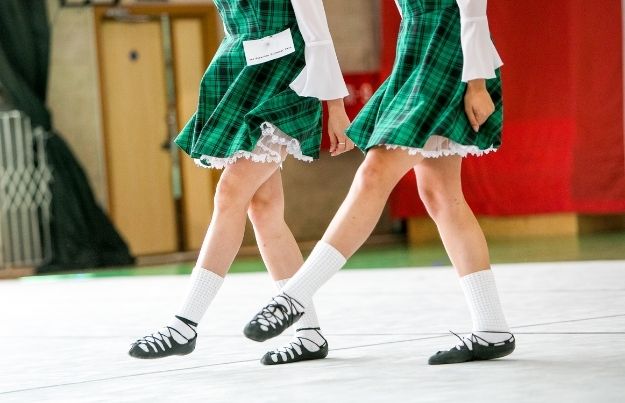Learning and exploring your culture is essential to preserving it for generations to come in an ever-changing world. However, this is easier said than done. Begin understanding your ethnic background with fun ways to celebrate your culture, ranging from hearing the myths to dancing to the music.
Learn the Language
Among the many ways of exploring and celebrating your culture, understanding the language is one of the most important—by speaking the native tongue, you can visit your ancestors’ homeland and learn the stories.
Moreover, language is crucial to understanding norms within a culture. For example, some have formal and informal ways of speaking; the one you use depends on the circumstance.
The patterns of communicating with various people within the culture show which individuals require more respect—many require formal speech around elders and high-ranking society members.
Learn the Stories
By reading, hearing, and understanding your culture’s stories, you broaden your knowledge of different expectations and values. Often, folktales and other stories exist to teach a lesson or explain why something happened. These then get passed down through the generations.
Storytelling allows you to celebrate your culture in a few ways:
- It keeps myths and legends alive.
- It gives reasons for traditions.
- It reshapes your perspective.
Celebrate your culture by learning the most important or common stories, then sharing them with friends or online for the world to read! Stories connect us and give us a new understanding of those around us.
Listen To the Music
One of the most fun ways to celebrate your culture is through the musical arts. Whether you’re listening to the songs or dancing to the music, you’ll broaden your understanding. Lyrics are a form of poetry, folk songs are a great way to hear these stories, and dance tells a story that words cannot express.
Furthermore, different cultures have different instruments and dances that have evolved over time. Some of these dances also incorporate culture-specific costumes, accessories, and footwear. For example, many Irish dances require specific footwear so that the dancer can make tapping sounds as they perform.
Learn the Traditional Recipes
Finally, celebrate your culture by learning classic recipes. Each culture has signature dishes, and by knowing how to make them, you keep that tradition alive for generations to come. Moreover, cultural food:
- Forms connections
- Creates a shared history
- Keeps tradition alive
Why is food so important to a culture? By passing recipes down through generations, we keep our culture alive even after emigrating to a new country on the other side of the globe with new traditions. Food creates a social experience; it’s about connecting with your roots and sharing a unique experience with the world.













